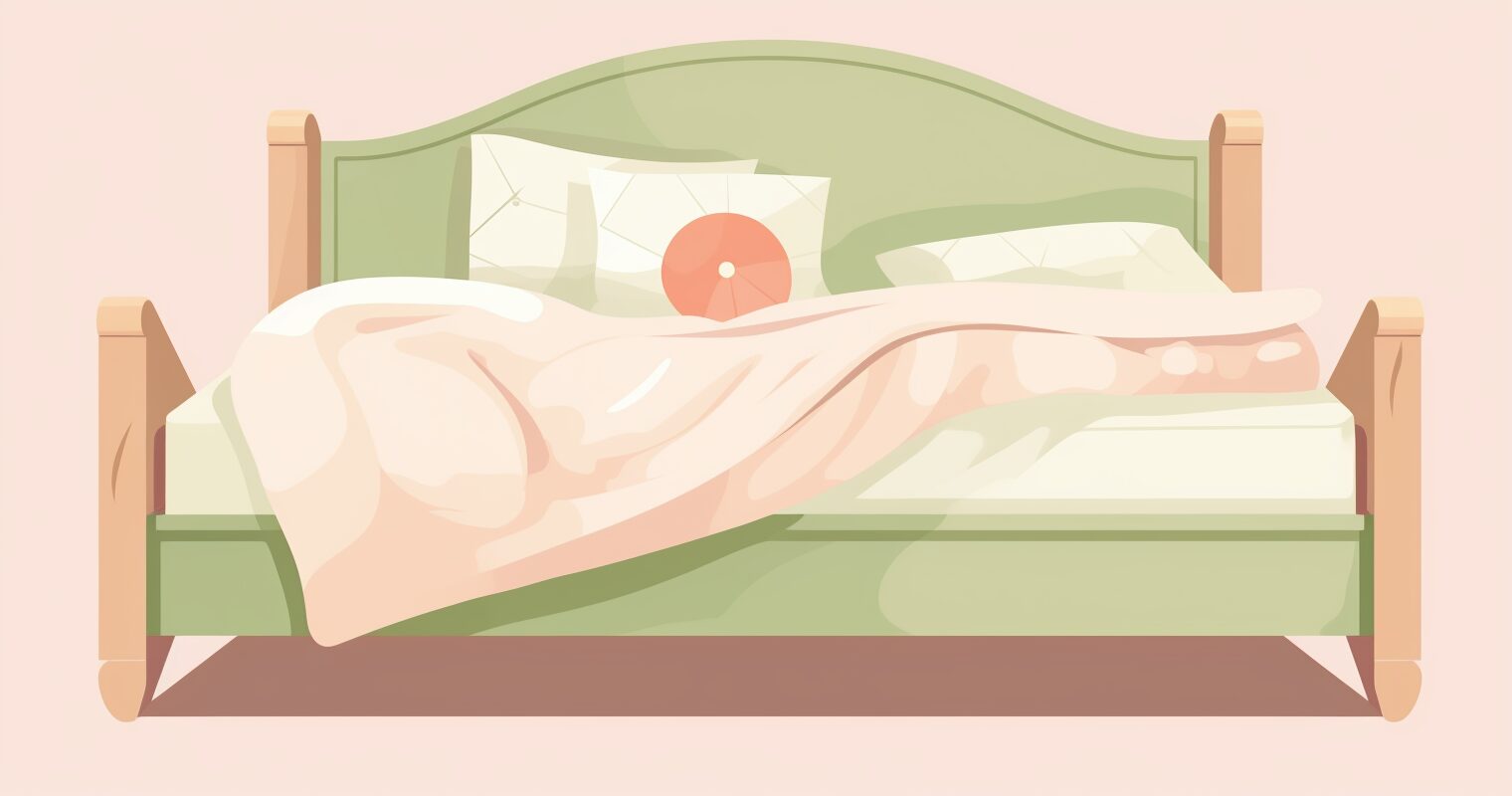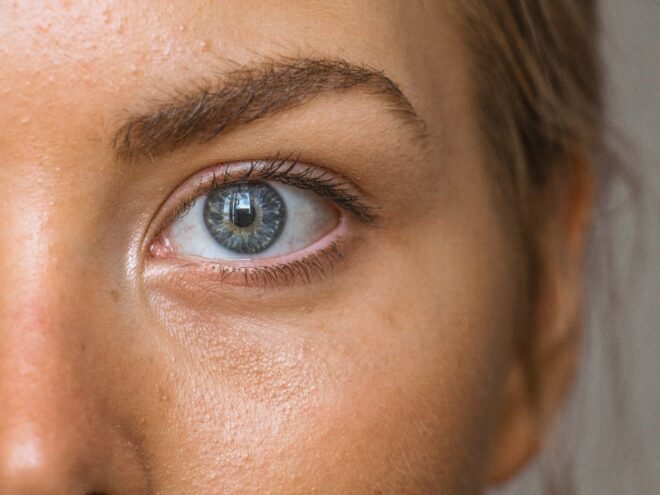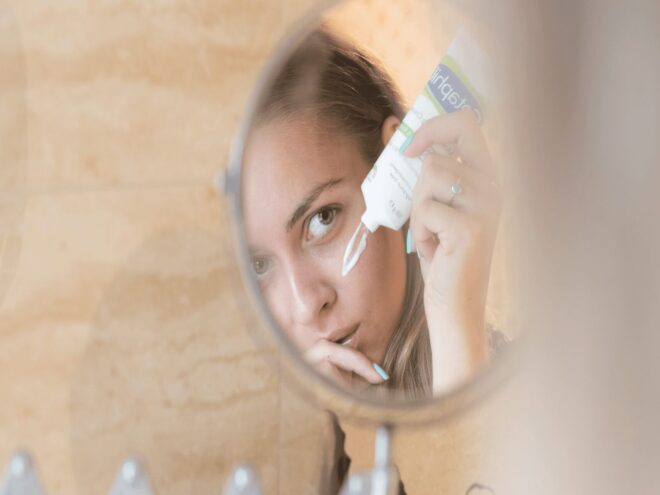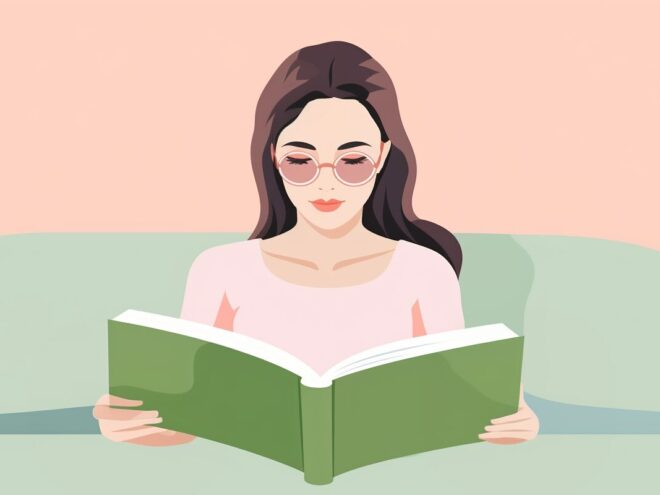Wellness • 04/01/2024
Say Goodbye to Counting Sheep by Learning How to Sleep With Anxiety

Revivalist is a reader-supported endeavor and our posts may contain affiliate links. When you buy through links on our site, we may earn an affiliate commission.
When your eyelids become heavy and your body slows with exhaustion, you know you’re about to get a good night’s sleep. You turn the lights out, pull your heavy blankets over yourself and then anxiety begins to bubble in your mind. Learning how to sleep with anxiety isn’t impossible. Use this guide to get your best rest tonight.
Does Anxiety Cause Sleeplessness?
People sometimes think anxiety is just feeling generally worried. When the concern doesn’t come to fruition, the anxiety fades. While that can be true sometimes, people with anxiety don’t need a specific trigger to feel worried or on edge.
Anxiety can start forming when you’re about to start a new day. You might not want to return to a toxic workplace or deal with classes at school. No matter the cause of your anxiety, its effect on your sleep quality is real. Research shows anxiety is a serial mediator of someone’s rest because it activates the entire nervous system.
Symptoms of Sleep Anxiety
Learning how to sleep with anxiety starts by recognizing which symptoms are most prevalent in your life. These are some common experiences people have when battling anxiety before and during their nightly rest.
1. An Inability to Fall Asleep
When anxiety activates your nervous system, your body gets the same emergency signal as it would in a survival situation. It won’t let you sleep in case you need to be on alert. Researchers found that anxiety goes hand in hand with insomnia due to its instinctive reaction of keeping the brain alerted to whatever danger it believes is present.
2. Avoiding Going to Bed
Procrastinating going to bed so you can watch one more episode of your favorite show is one thing. When you’re going to bed late every night for no particular reason, it could be sleep anxiety. You may have developed an automatic resistance to lying in bed because you know rest is nearly impossible.
If procrastination affects the rest of your day to the point where your quality of life deteriorates, it could be ADHD that went undiagnosed in childhood. It’s something to consider while you evaluate your health and explore new ways of supporting your body.
3. Feeling Ill
The nervous system also causes physical symptoms when it’s in survival mode. It’s another way to get your attention in case you’re in danger. You could feel sick when you get in bed. Symptoms like headaches, sweating, nausea and stomach pain could mean sleep anxiety is stealing your rest. It’s time to get it back.
Learn How to Sleep With Anxiety
Anyone can figure out how to sleep with anxiety by reflecting on their nightly routine. Try these ideas to change things up and potentially fall asleep more easily.
1. Skip the Late-Night Alcohol
Ending your day with a refreshing lavender cocktail or a glass of wine might be nice occasionally, but it could contribute to your late-night anxiety. Alcohol activates stress neuromodulators as the body deals with its cellular effects. Drink your hard beverage earlier in the evening or skip it entirely to see if your sleep routine gets easier.
You can always switch your preferred drink with an alcohol-free beverage to still have something to sip during your evening activities. Sleepy tea with chamomile may induce rest more easily by acting as a mild tranquilizer for the nervous system.
2. Avoid Screens Before Bed
The last episode of your latest TV show might leave you on a cliffhanger, but finding out what happens next could contribute to your sleeplessness. Screens emit blue light, which makes people more alert and can help you stay awake during the day. However, it’s the last thing you should deal with when you’re learning how to sleep with anxiety.
Try reading or journaling instead of scrolling through social media before bed. Turn off your TV and meditate along with a helpful YouTube video like the one below. You could even attach a blue light filter to your computer screen if you have to work on something late.
3. Eat Your Last Meal Earlier
Your digestive system could keep you awake if you eat a meal or snack just before bed. Researchers found that slowly digestible food activates the autonomous nervous system, making sleep more challenging an hour or two after eating.
Try enjoying your beef and veggie kebabs on a bed of rice or your bowl of ice cream an hour earlier than usual. You could rest more easily overnight. If you find yourself craving your usual late-night snacks and determine it’s not because you’re hungry, follow this video to breathe through your brain’s need for the soothing routine.
4. Try Meditating to Calm Down
When your breathing gets faster or you just feel wide awake, meditating can help you achieve the rest you need. First, consider your surroundings. Is your living space noisy due to interior or exterior sounds? Wear a pair of soundproof headphones to center your mind and follow a meditation guide to slow your mind.
The video below might help you learn how to start meditating, even if it only lasts for a few minutes. You don’t need to focus on your breathing for a long time to enjoy the benefits. If a video is too distracting, you can also follow along with a book and bookmark the breathing exercises that work best for you.
5. Make Your Bedroom Cooler
The temperature of your bedroom influences how you sleep. Higher temperatures interfere with your body’s thermoregulation process because the body starts cooling two hours before bed to activate your circadian rhythm.
Support that natural process by turning your thermostat down by a degree or two. Change into thinner pajamas, try a cooling pair of sheets or rest under lighter blankets. As you learn how to sleep with anxiety, simple changes like these could be exactly what your body needs.
When to See Your Doctor
If your sleep anxiety disrupts your quality of life, it’s time to see a doctor. Your anxiety shouldn’t keep you from sleeping deeply more than a few nights in a row. It also shouldn’t interfere with how you enjoy your daytime activities. Your doctor might recognize symptoms of specific sleep conditions or work with you to adjust your daily routine, so it’s better for your nightly rest.
Start Getting Better Rest Tonight
Anyone can learn how to sleep with anxiety. Try these ideas to get better rest tonight. No matter what works or doesn’t work, your doctor is always a phone call away. They can help you determine the best way to improve your sleepless nights so rest is never far away.
FAQs
Can Anxiety Make It Hard to Sleep?
Anxiety can make it hard to sleep because it makes your nervous system think you need to stay alert to survive a dangerous or potentially threatening situation. If you study how to sleep with anxiety, you’ll learn tips like those above that are easy to implement at home.
Why Do I Get Anxiety Waves When I Try to Sleep?
Anxiety waves might affect you when you try to sleep because you’re nervous about what you’ll experience the next day. You could also have eaten recently, been staring at screens or even drank caffeine too late in the afternoon. Journaling might help you identify the potential contributing factors to your anxiety and guide you toward helpful changes.
What Is the Best Position to Sleep in for Anxiety?
The best sleeping position for anxiety will support your muscles to relieve physical tension. Try lying on your back with your arms and legs spread like a starfish. Lying on your stomach could induce the same muscle tension relief.
Are Sleep Anxiety and Insomnia the Same Thing?
Sleep anxiety and insomnia are similar, but they aren’t the same thing. Sleep anxiety relates more closely to an anxiety condition and may predate an insomnia diagnosis. Insomnia is a separate condition defined as a long-term struggle to fall or stay asleep whether or not you feel anxious.
Subscribe to Our Weekly Newsletter
We would love to connect deeper with you!


